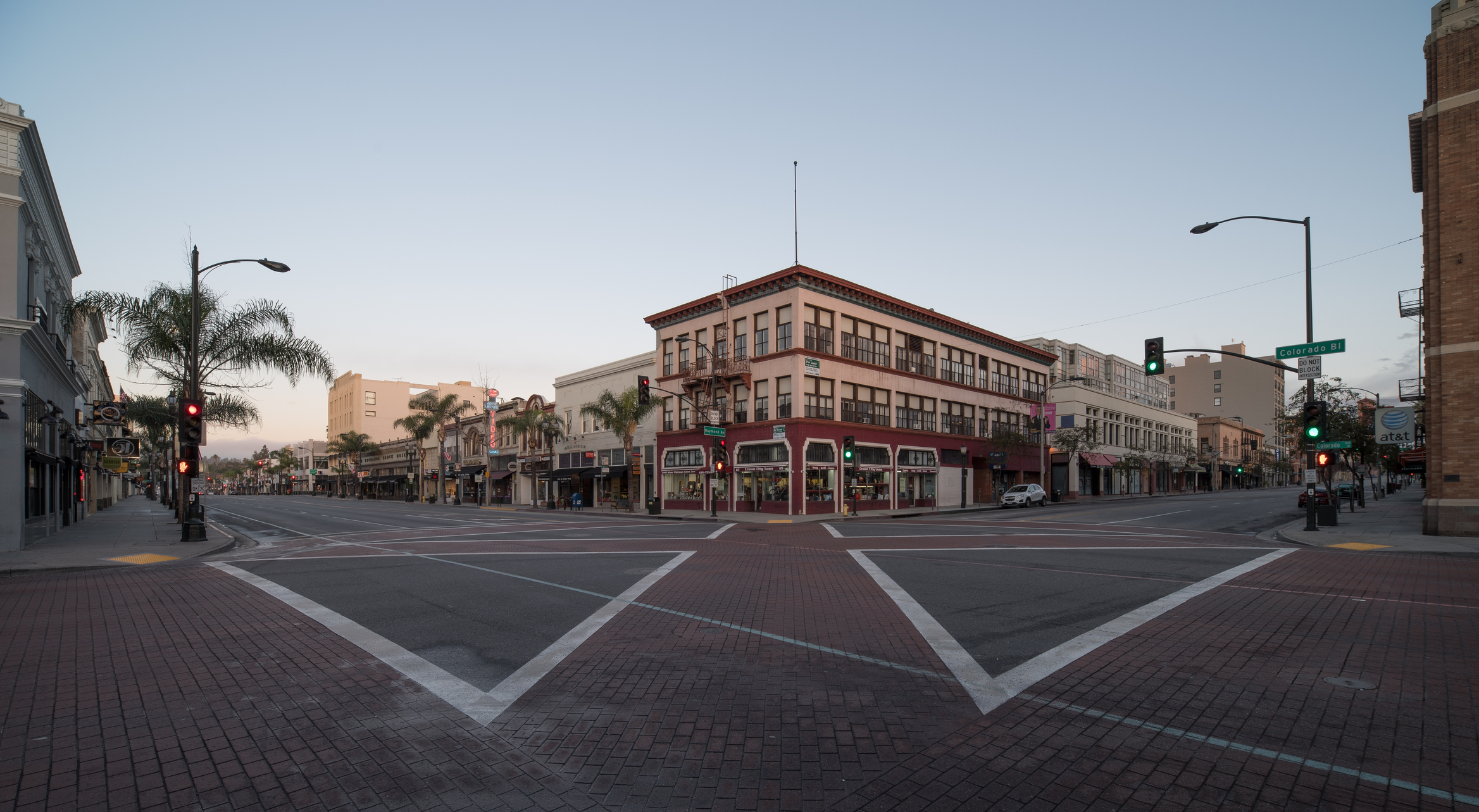Introduction to Commercial Real Estate Valuation
Delving into the multifaceted world of commercial real estate values reveals how diverse factors interplay to determine property values. As a seasoned Certified Commercial Investment Member, my expertise lies in parsing these variables to guide investors toward sound decisions that maximize their investment outcomes.
Economic Influences on Property Values
The overarching economic climate is a foundational element in commercial real estate valuation. Economic indicators like GDP growth, interest rate trends, and consumer spending patterns profoundly influence the sector. For instance, a booming economy generally correlates with heightened demand for commercial spaces, driving up property values. Conversely, during recessions, diminished economic activity can lead to lower demand and falling property prices. Reflecting on the 2008 financial crisis, we saw how rising interest rates and shrinking economic activity led to a significant downturn in commercial property valuations across the board.
The Prime Factor: Location
The adage "location, location, location" holds particularly true in commercial real estate. A prime location with robust foot traffic, excellent accessibility, and high visibility invariably garners higher property values. For example, a retail property located in a bustling urban shopping district such as New York City’s Fifth Avenue commands premium prices due to its significant consumer exposure and accessibility. On the other hand, similar properties in more secluded areas may struggle to attract tenants and sustain high valuation levels.
Supply and Demand Dynamics
Supply and demand equilibrium critically impacts commercial real estate values. In areas where commercial properties are scarce but demand is high, prices tend to rise. For instance, in technology hubs like San Francisco, the limited availability of office spaces combined with high demand from burgeoning tech firms drives up property values substantially. This dynamic can shift rapidly; for example, the recent increase in remote work has altered demand patterns, potentially decreasing values of traditional office spaces in some regions.

Photo 86473157 | Commercial Buildings City © Ajdibilio | Dreamstime.com
Physical Condition and Its Impact on Valuation
The condition of a property significantly affects its attractiveness to potential buyers and tenants, which in turn influences its market value. A commercial building with high curb appeal, state-of-the-art facilities, and rigorous maintenance schedules will likely attract premium tenants and command higher rents. Consider a newly renovated office building with a modern façade and eco-friendly amenities; such properties often see increased demand, which can substantially enhance their valuation over older, less appealing buildings.
Zoning and Land Use: The Regulatory Landscape
Zoning laws dictate the types of activities that can occur in certain areas, affecting property utility, potential income, and value. For example, a commercial property in a zone designated for high-density, mixed-use development can host a combination of retail, office, and residential spaces, potentially yielding higher returns than a similar property in a strictly residential zone. Investors need to understand local zoning regulations comprehensively to assess investment opportunities accurately.
Enhancing Value through Energy Efficiency
Energy efficiency plays an increasingly prominent role in property valuation. Properties that incorporate sustainable designs and green technologies often attract tenants more quickly due to lower operational costs and environmental impact. For instance, a commercial building equipped with solar panels and high-efficiency HVAC systems not only reduces energy costs but may also qualify for tax incentives, enhancing its investment appeal and market value.
Lease Terms as Value Determinants
Lease agreements shape the financial stability and profitability of commercial properties. Properties with long-term, solvent tenants such as government agencies or blue-chip corporations offer a stable cash flow, making them highly attractive investments. Conversely, properties with high tenant turnover or short-term leases might see more fluctuation in their valuations due to potential income instability.
Strategies for Increasing Property Value
Investing in strategic improvements can significantly enhance a property’s value. For example, converting part of a large, outdated shopping mall into a mixed-use space with residential units, office spaces, and smaller retail stores can revitalize the property and boost its overall valuation. Similarly, integrating advanced technology systems like building automation can make a property more attractive to tech-savvy tenants, thereby increasing its desirability and value.
Final Thoughts
Mastering the complex variables that influence commercial real estate values is essential for successful investing. By combining thorough market analysis with the insights provided by experienced professionals, investors can navigate the nuances of commercial real estate with confidence and achieve optimal outcomes.
This extensive exploration into the factors affecting commercial real estate values underscores the importance of a well-rounded, informed approach to property investment. Engaging with a seasoned commercial real estate expert who understands these dynamics can help investors maximize their returns and mitigate risks.
Brion Costa, CCIM
Century 21, Commercial
626-695-7385
DRE#: 00939864



